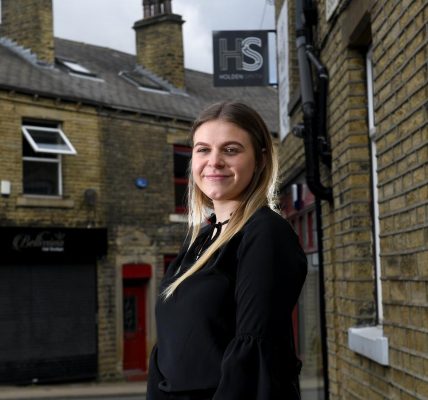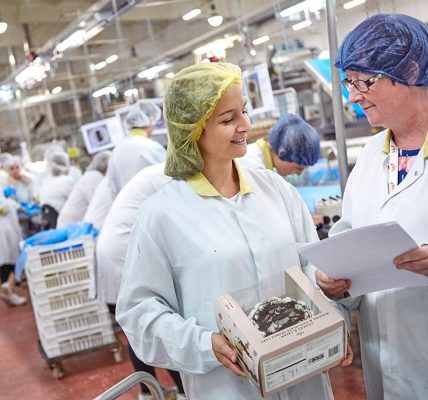Why businesses will be key to reducing racial inequality – Ismail Mulla
The past year or so has been littered with slogans and platitudes such as ‘build back better’ and ‘the new normal’. Words like ‘agile’ and ‘flexi-this and that’ have entered the lexicon.
However, events in recent days leave me feeling rather cynical about such sentiments.
Remember 12 months ago when the whole country was on its knees and the best all of us could do was to stand and clap performatively on our doorsteps for our NHS heroes?
There was a lot about honouring our heroes then but that seems like a distant memory. Especially when you see footage of people engaging in pugilistic endeavours outside pubs having had too much to drink.
People profess their love for independent shops online, yet now as we begin to reopen those indies won’t be the ones feeling the love. Instead large parts of the public are directing their ire at names like Costa Coffee for their apps crashing on the day that it offers hot drinks to its customers for 50p.
The pandemic has laid bare the deep rooted inequalities within our society and no one even wants to touch that hot potato.
Related to this is the spotlight that George Floyd’s death shone on racial inequality across the globe, not just the US.
Now that police officer Derek Chauvin has been found guilty of Mr Floyd’s murder, I suspect there will be an attempt to close this topic down as well. You need only look as far as the brazen attempt to downplay and deflect from racial inequalities by our Government with the Sewell Report. There was a lot in the report. Much of it was not very interesting. Some of it was so flimsy that it would barely scrape a first semester pass.
But my initial reaction was one of confusion. Are we genuinely a model country for racial equality? Is ethnicity pay gap reporting really unfeasible? Conscious bias training a complete waste of time?
It’s what led me to pick up the phone to my trusted contact Griselda Togobo. The managing director of the women’s business network Forward Ladies has not only been great for stories and comments but she’s also become a sounding board to help me understand diversity issues.
Anyone who has spent five minutes listening to her speak would understand why. Ms Togobo is one of the sharpest minds on US’s corporate scene.
Given her own background, she was born and brought up in Ghana, Ms Togobo knows what it is like to face challenges in business as a woman and as an ethnic minority.
So when she labels a report commissioned by our own Government as a “joke”, we really should be listening to her voice. “It is effectively telling the many black and brown people in this country, that have been highlighting these issues, that they are delusional and that racism doesn’t exist,” she said.
The report tries to do away with the catch all term of BAME (black, Asian, Minority ethnic). There’s been a lot of conversation amongst those championing greater diversity whether to use BAME.
But there’s no refuting the fact that it does serve a purpose in highlighting racial inequalities. If we don’t want it to be used then lets really ‘level up’ for everyone.
As for ethnicity pay gap reporting, it’s hard to disagree with Ms Togobo when she says “numbers speak for themselves”.
The truth of the matter is if we are going to ‘build back better’, ‘level up’ or do anything along those lines, business is once again going to have to lead the way.
If the pandemic has shown us one thing, it is that where elected officials have shown no leadership, businesses have stepped up.
I got to report on the humanity of local pub and restaurant owners feeding families on the breadline during the bitter cold snap in January.
When schoolchildren were left without the means to continue their education from home, it was entrepreneurs like David Richards, founder of big data firm WANdisco, that showed leadership and helped procure laptops.
The verdict in Chauvin’s trial won’t magically make racial inequalities disappear. And while it is a stretch to say that businesses have all the answers, they can certainly play a meaningful role in at least making progress.
I’m sure people like Ms Togobo are more likely to find allies there.










